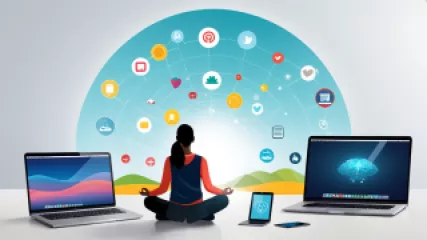Overcoming the Cycle of Self-Sabotage: A Personal Journey
1 year ago
Understanding Self Sabotage
How to Overcome Self-Sabotage: A Step-by-Step Guide
1 year ago
Understanding Self Sabotage
10 Best Online Resources for Understanding Moods
1 year ago
Understanding Moods
How Can Cognitive Behavioral Therapy Help with Personal Growth?
1 year ago
Philosophy and Psychology
A Cognitive Behavioral Approach to Understanding and Managing Moods
1 year ago
Understanding Moods
Unlocking Mental Wellness: An Interview with a Mental Health App Developer
1 year ago
Mental Health Apps
10 Proven Self-Help Tips to Manage Depression
1 year ago
Depression Self Help Tips
The Ultimate Guide to Understanding and Overcoming Self-Sabotage
1 year ago
Understanding Self Sabotage
Conquering the Fear of Change: An Interview with a Life Coach
1 year ago
Overcoming Fear of Change
Exploring the Psychology of Success: A Research Summary
1 year ago
Success Psychology
7 Lessons from Books and Movies to Improve Your Mental Health App Experience
1 year ago
Mental Health Apps
Boosting Emotional Intelligence: A Step-by-Step Guide
1 year ago
Emotional Intelligence Basics
10 Powerful Strategies to Overcome Self-Sabotage
1 year ago
Understanding Self Sabotage
10 Effective Ways to Help Kids Cope with Anger
1 year ago
Handling Anger in Children
Embracing Change: My Personal Journey to Overcome the Fear of Uncertainty
1 year ago
Overcoming Fear of Change















